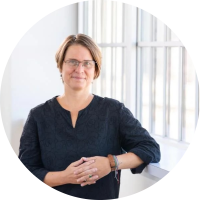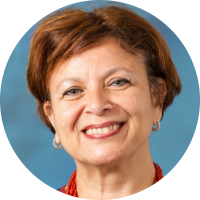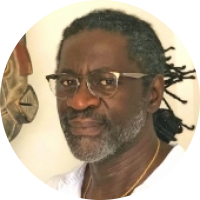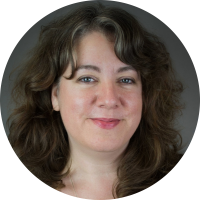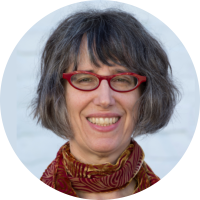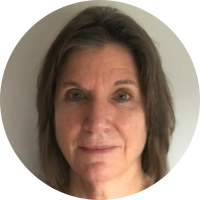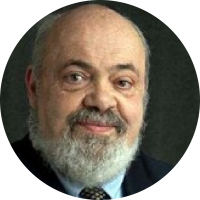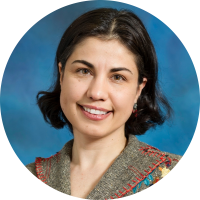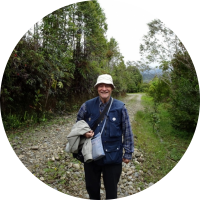The Global Studies Migrations Initiative asks how different forms of movement, mobility, and displacement might be studied beyond categorical and national boundaries in ways that take account of the shifting terrains that constitute migrations.
Movements across national borders and forms of mobility and displacement that take place within those borders are typically either conceived as wholly distinct or indistinguishable. Either approach makes it difficult to think rigorously about the diverse and often interrelated processes that influence peoples’ movements and the ways in which they deal with the challenges posed by boundaries of all kinds (national but also class, racial, historical…) and by increasing forms of precariousness. Further, this focus on the people who move often neglects the communities into which they move, obscuring the complex social dynamics that result from their movements. Through this initiative, we hope to draw attention to less visible forms of movement and displacement, such as gentrification, incarceration, professional relocation, and long histories of dispossession and to relate them critically to cross-border migrations and displacements.
Upcoming Events
Global Migrations: Political, Economic, and Climatic Changes K-12 Educator Workshop
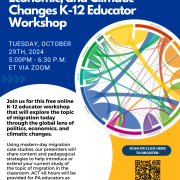
Global Migrations: Political, Economic, and Climatic Changes Faculty PD Conference
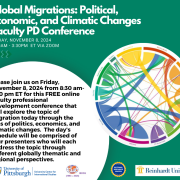
Film Screening
Borderland: The Line Within
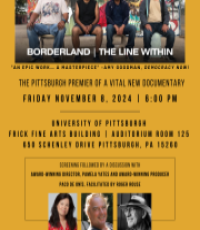
Amani Attia
Coming from a literature background, Amani Attia is interested in the modern Arabic novel, and modern critical theory. She has written and presented on modern literary works applying theories of postcolonialism, feminism, and deconstruction.
Jerome Branche
Cynthia Croot
John Lyon
Barbara McCloskey
Barbara McCloskey has published widely on the relationship between art and politics in 20th century German art, the visual culture of World War II, and artistic mediations of the experience of exile in the modern and contemporary eras. Her most recent book, The Exile of George Grosz: Modernism, America, and the One World Order, was published by University of California Press in January 2015. Her lecture courses and seminars cover the history of art in 20th century Germany, international Dada and Surrealism, critical theory, and art historical methodology. Graduate students working under her supervision have developed MA and PhD theses on topics ranging from art and photography in Weimar and the Third Reich to studies of 1930s American muralism and leftist art history, East German art and design, Czech surrealism, and issues of nationalism and populism in Russian fin-de-siéclè and early 20th century Croatian art. Many of her students have competed successfully for prestigious national and international awards including DAAD, Wolfsonian, Fulbright, Berlin Prize, and Fulbright-Hayes fellowships.
B. Guy Peters
"I am currently working on two major book projects. One is on the “Inclusive State”, that will discuss the processes by which states develop more inclusive policies and practices. The second is on alternative forms of governance–hierarchy, markets, society, expertise and participation–and the choices that must be made among them. In addition I am launching an international research project on political patronage, building on a recently completed book on Latin America and another forthcoming book on Asia."
Burcu Savun
Burcu Savun is an Associate Professor of Political Science at the University of Pittsburgh, specializing in International Relations. Her primary research interests include civil wars, terrorism, conflict resolution, forced migration, and refugees. Her research has been published in the American Journal of Political Science, Journal of Politics, International Organization, International Studies Quarterly, Journal of Conflict Resolution, and Journal of Peace Research.


